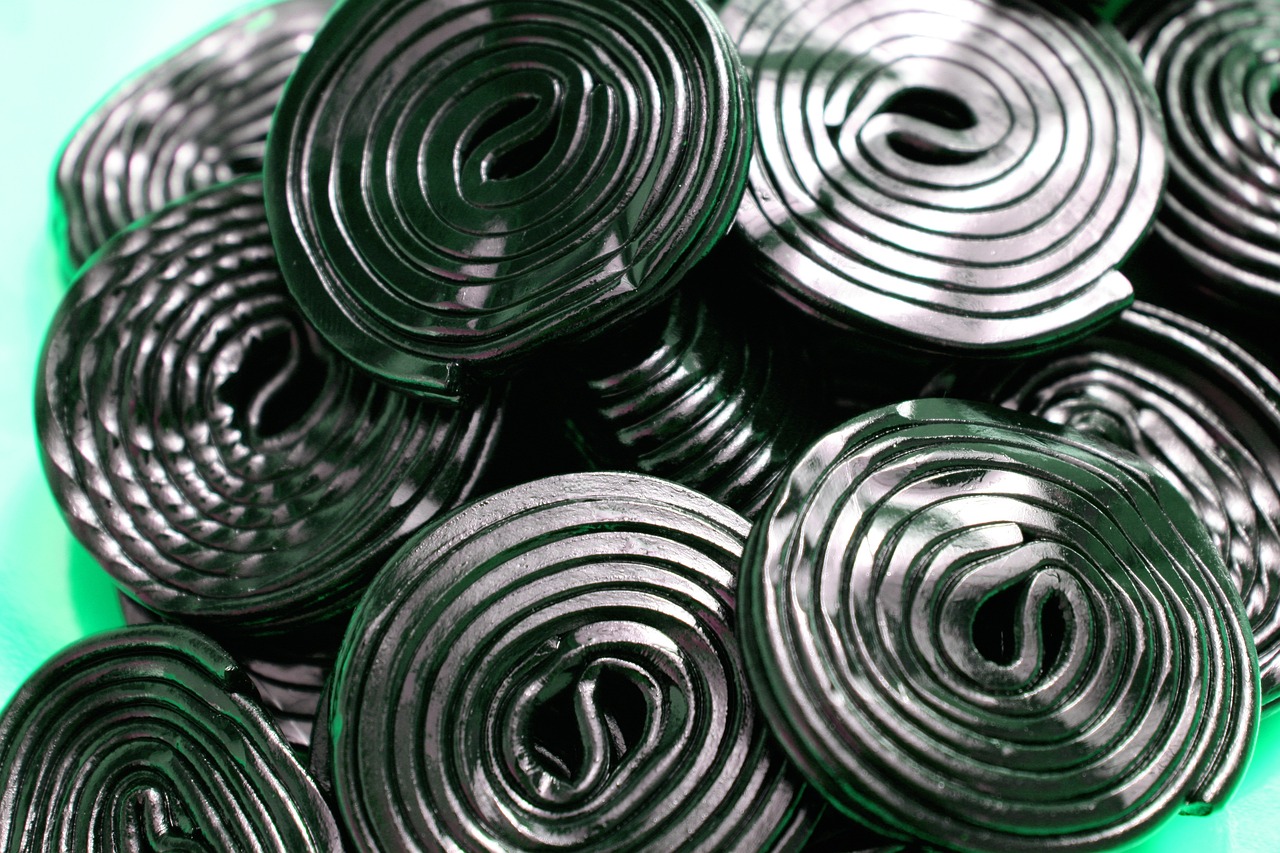Licorice wheels take your blood pressure off track
One of those foods you should avoid if you suffer from hypertension is licorice, both in root and in sweet form. You might ask yourself why this plant, with its highly beneficial digestive properties, useful against dyspepsia and with antiviral, antiulcer, laxative, anti-inflammatory and liver protective effects is not recommended for those with high blood pressure.
Over time, daily and excessive consumption of licorice can cause an increased predisposition to hypertension or a worsening of the condition if already present. Furthermore, excessive licorice consumption can lead to significant alterations in the body’s hydroelectric balance, to a condition of hypokalaemia (reduction in blood potassium levels), reduced diuresis caused by stress on the kidneys, and in the worst cases even alterations in muscular motility and heart rate, which could lead to heart failure.
These effects are confirmed by a study carried out by a group of researchers of the Sahlgrenska University Hospital in Goteborg, Sweden. They discovered that even small daily quantities of licorice could raise blood pressure, so lovers of this ancient substance beware. The active ingredient responsible for these effects is enoxolone, which prevents the breakdown of cortisol, causing the kidneys to retain water and salt. In reality, the effect has been known for a long time but this is the first time we have been able to observe how as little as 50 grams of licorice a day for two to four weeks can cause a significant increase in risk for those who suffer from hypertension.
The consumption of licorice is heavily discouraged for those who suffer from kidney disease, hypertension, heart disease and those who take certain drugs such as blood pressure pills (ACE inhibitors, diuretics), laxatives, antiarrhythmic drugs, corticosteroids or the contraceptive pill, which already increases the risk of high blood pressure and circulatory complications.
Scientific articles about licorice and high blood pressure interactions below:
- Daily Liquorice Consumption for Two Weeks Increases Augmentation Index and Central Systolic and Diastolic Blood Pressure (PLoS One. 2014 Aug 25;9(8):e105607)
http://www.ncbi.nlm.nih.gov/pmc/articles/PMC4143270/ - Effects of rhaponticum carthamoides versus glycyrrhiza glabra and punica granatum extracts on metabolic syndrome signs in rats. (BMC Complement Altern Med. 2014 Jan 20;14:33) http://www.ncbi.nlm.nih.gov/pmc/articles/PMC3905158/
- Clinical Approach to Adverse Events and Interactions Related to Herbal and Dietary Supplements (Clinical Toxicology, 44:605–610, 2006) http://www.tandfonline.com/doi/abs/10.1080/15563650600795545?journalCode=ictx20
- A salty cause of severe hypertension (BMJ Case Rep. 2012 Feb 25;2012) http://www.ncbi.nlm.nih.gov/pubmed/22665565


